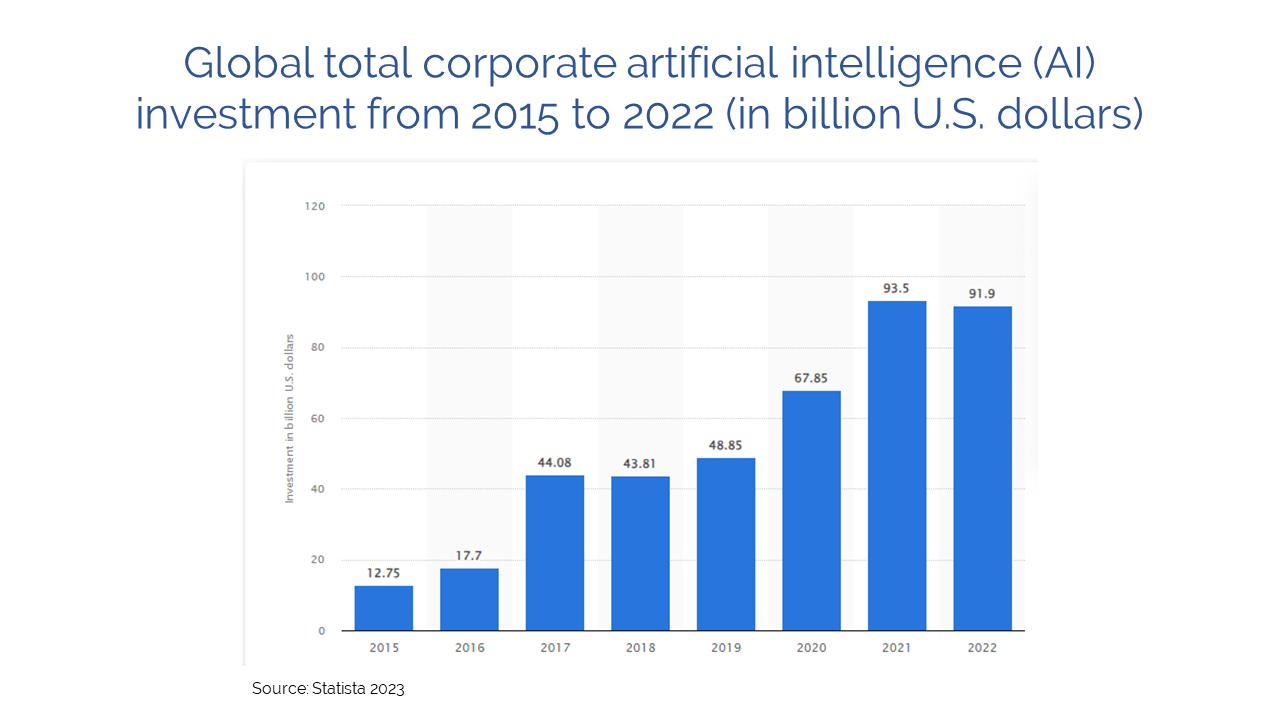The buzzword of the year is AI. According to Trootech, the present AI market stand October 2023 is worth over 300 billion EUR, and AI has become the number one priority for 83% of businesses around the globe.
NB: This is an article from berner+becker, one of our Expert Partners
Revenue management has always been a critical aspect of the hospitality and travel industry, it involves optimizing pricing and distribution strategies to maximize revenue, considering various factors such as demand, competition, and customer preferences.
Subscribe to our weekly newsletter and stay up to date
In recent years, especially during 2023, for the hotel industry, the application of AI in revenue management and Revenue Management Systems (RMS) is a crucial task. The future success lies in an effective implementation of AI technology in conjunction with the strategic work of the human mind.

THE TRADITIONAL REVENUE MANAGEMENT APPROACH
Before the advent of AI, revenue management largely relied on historical data and manual analysis. Revenue managers would use spreadsheets and basic forecasting tools to make pricing decisions, often overlooking the complexity of the market dynamics. While a great level of success can be achieved with this traditional approach, it is limited by the human capacity to process and analyse vast datasets, adapt swiftly to real-time changes, and account for all various factors influencing demand.
THE ROLE OF AI IN REVENUE MANAGEMENT
AI, particularly machine learning, as in many other fields, brings a paradigm shift in revenue management. Some ways in which AI is transforming the industry are:
- Data Analysis and Predictive Modelling: AI algorithms can process massive volumes of data, both historical and real-time, to identify trends and patterns that humans might overlook. This enables more accurate demand forecasting, allowing businesses to set optimal prices and manage inventory effectively.
- Dynamic Pricing: If you are not using it yet, AI will surely propel the implementation of dynamic pricing and thus allow businesses to adjust their prices in real-time based on factors like demand, competition, and seasonality. This is one of the most crucial keys to unlocking a hotel’s true potential. It not only maximizes revenue but also enhances competitiveness by offering the right price to each customer.
- Inventory Management: AI helps businesses manage their inventory efficiently by predicting demand and optimizing allocation. This minimizes the risk of overbooking or underutilizing resources, improving overall operational efficiency.
- Market Insights: AI can analyse data from various sources, including social media and online reviews, to gain insights into customer sentiment and preferences. This information can be used to refine marketing strategies and improve customer experience.
BENEFITS OF AI INTEGRATION
The integration of AI into revenue management offers several significant advantages for hotels and revenue managers. AI can make precise pricing decisions that maximize revenue. By analysing demand patterns and adjusting prices accordingly, businesses can capture additional revenue that would have otherwise been left on the table. A big focus is always on increasing the ADR in revenue management, and when done successfully, it can go straight down to the profit line.
Improved efficiency and automation of routine tasks and real-time decision-making allow revenue managers to focus on more strategic activities. This definitely saves time and can lead to cost savings and increased productivity.
Also, it can enhance the customer experience. Personalized pricing and offers cater to individual customer preferences, increasing customer satisfaction and loyalty. As we know, happy customers are more likely to return and recommend the business to others.
Read full article at berner+becker
Note: This article with co-written by Pontus Berner and Chat GPT





